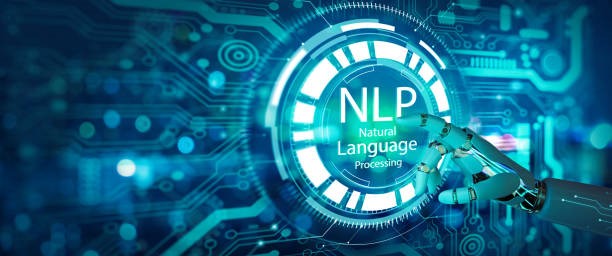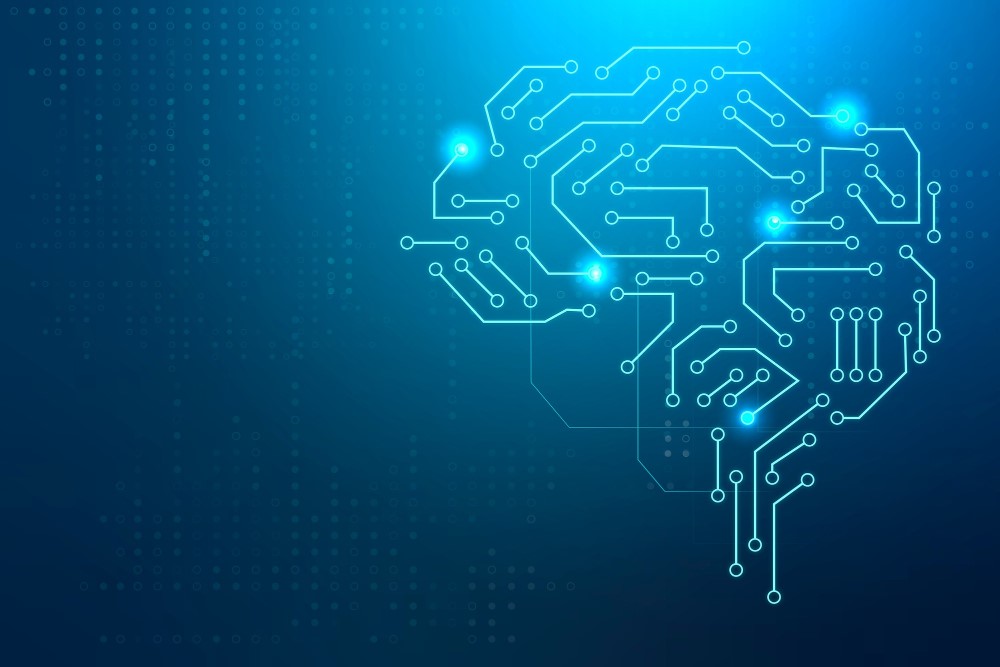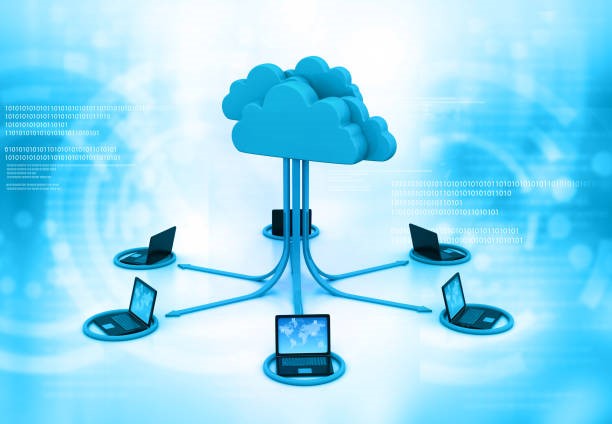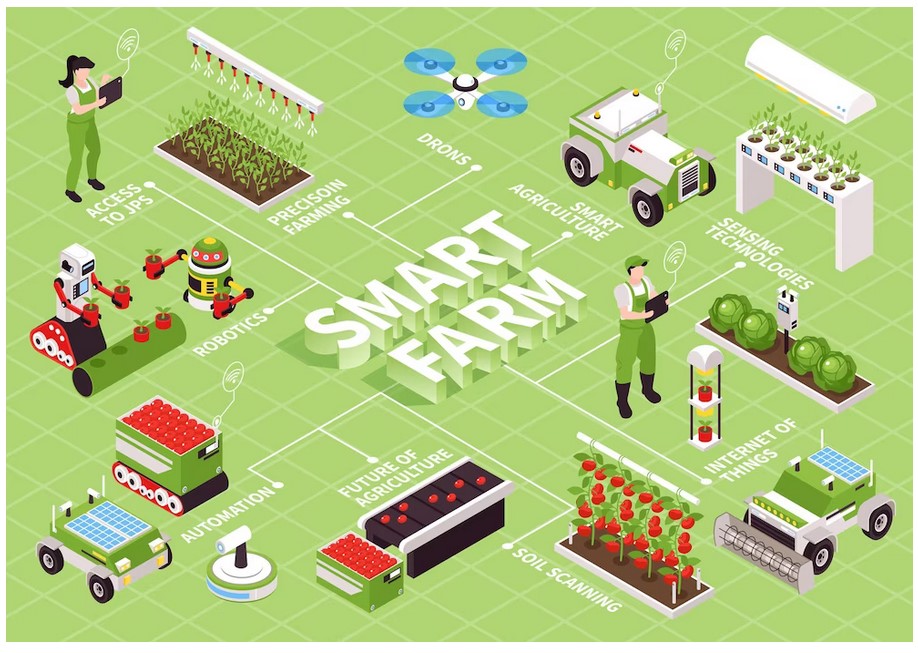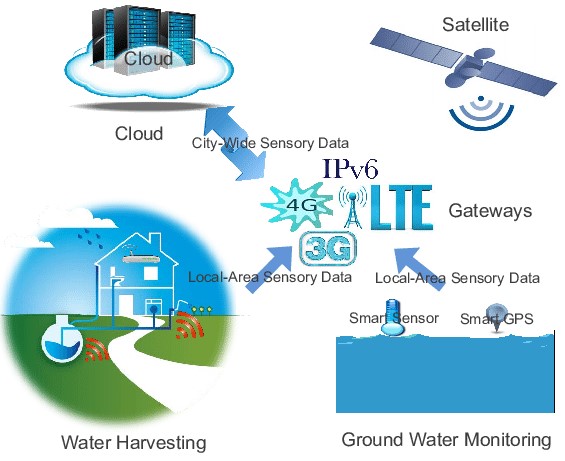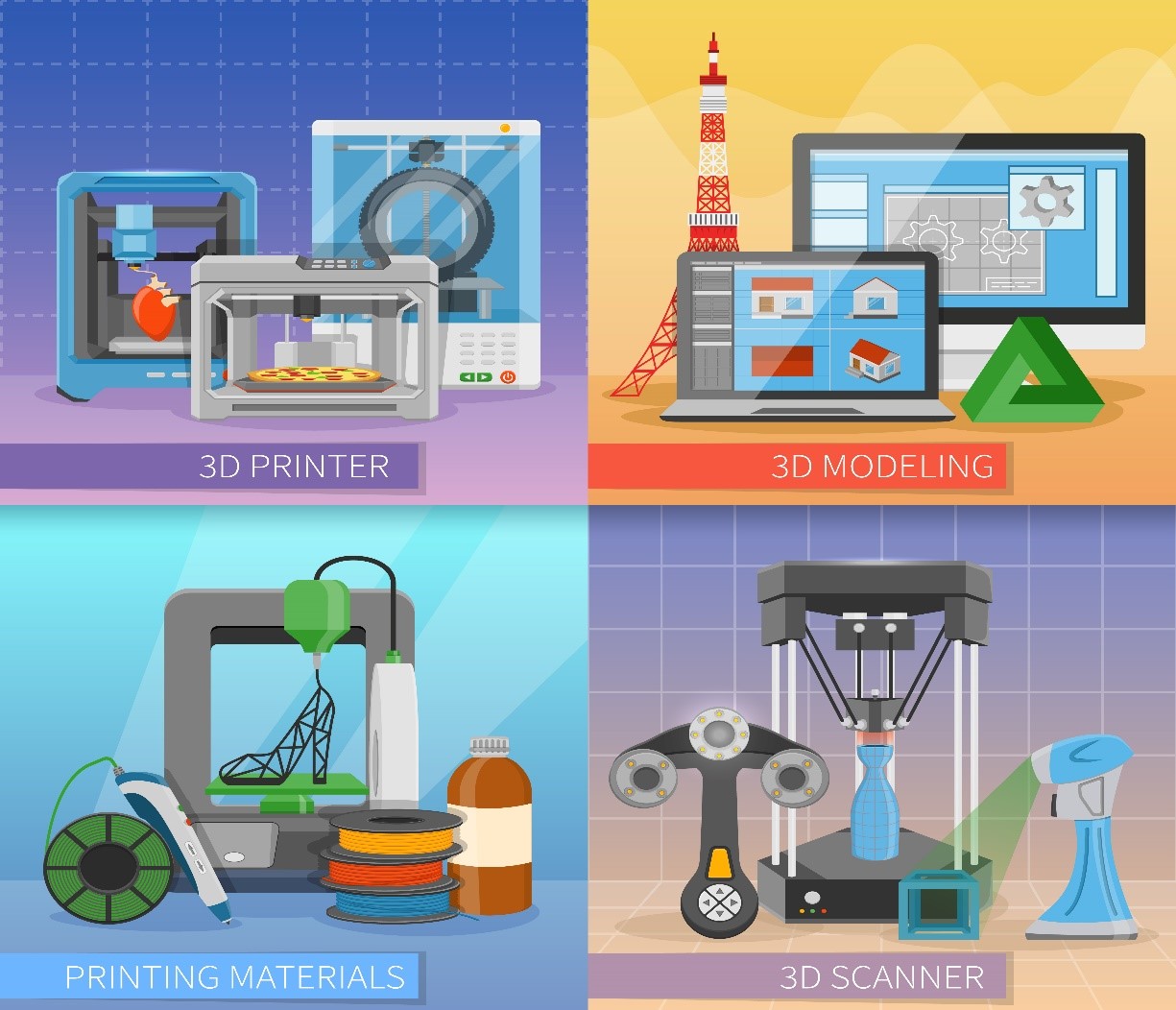Smart Waste Management
Smart waste management is an approach to waste management that uses technology and data analytics to optimize waste collection, reduce waste, and improve recycling rates. Smart waste management systems typically involve the use of sensors, data analytics, and machine learning algorithms to collect and analyze data on waste generation, collection, and disposal, and to provide insights and recommendations for optimizing waste management practices.
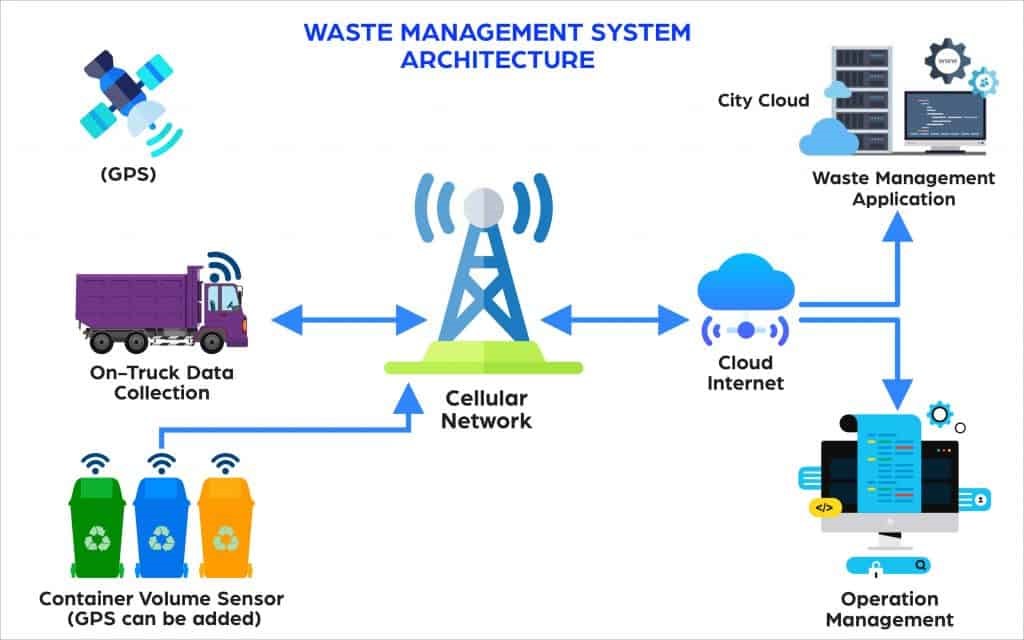
Figure 1. Smart Waste Management [1]
Figure 1 shows smart waste management system architecture
Benefits of Smart Waste Management
Reduction in the collection and unnecessary fuel consumption cost:
Due to using smart dumpsters, there will be no need for a physical check for every container. This smart waste management solution reduces fuel consumption and cost. Therefore, this reduction allows waste collection companies or municipalities to allocate their resources efficiently. [2]
Elimination of missed pickups:
As route optimization has become a must for smart waste management, there will be no more overflowed trash bins while almost full ones will be taken into account when they are are completely full. [2]
Waste generation geo-specific data analysis:
Data constitutes the basis of the smart waste management system, and it is also used to follow the patterns that occur according to the regions. Data analysis produced by IoT gives customers demographic analysis and creates a chance to take action according to the filling patterns of that district. [2]
Reduction of CO2 emissions:
Due to the more strategic scheduling of garbage collection trucks with real-time data, the carbon footprint is reduced. Thus, smart waste management solutions make the traditional waste collection system more environmentally friendly in each step. [2]
Examples of smart water management technologies include leak detection systems, which use sensors to detect leaks in pipes and other infrastructure, and smart irrigation systems, which use sensors and weather data to optimize the use of water for irrigation. Smart water meters can also be used to monitor water usage and provide real-time feedback to users, helping to encourage more efficient water use.
Overall, smart water management is an important tool for addressing the global water crisis and ensuring that we use water resources in a sustainable and responsible way. As the field continues to evolve, we can expect to see even more advanced technologies and approaches to smart water management that leverage the power of AI and other cutting-edge technologies to improve water efficiency and sustainability.
References:
- https://mycity360.co.il/smart-waste-management-system/
- https://evreka.co/blog/what-is-smart-waste-management/
Cite this article:
Hana M (2023), Smart Waste Management, AnaTechMaz, pp.232



